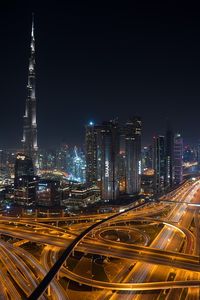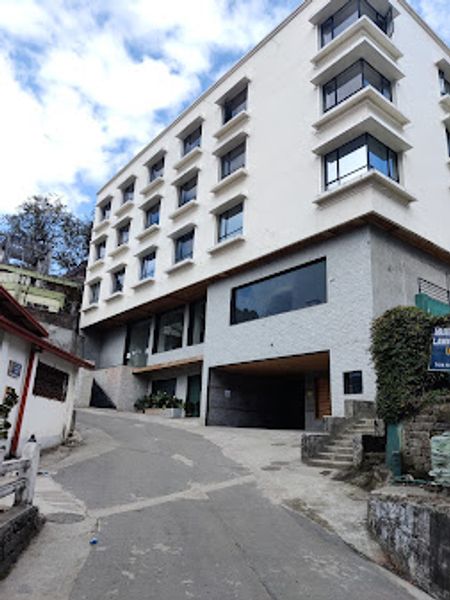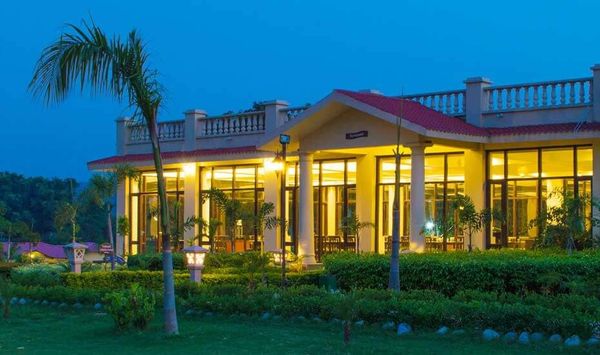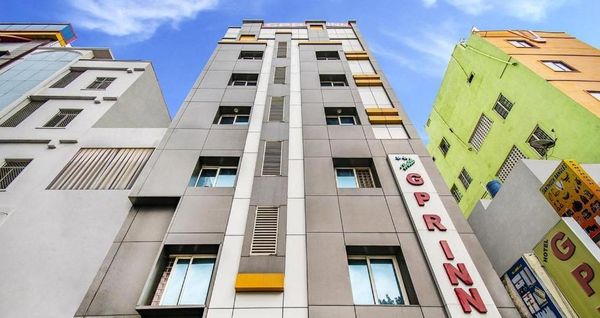Traveling in Translation: How Language Shapes Our Journey
 Rashika Singh
28 Jul, 2025
9 mins read
6
Rashika Singh
28 Jul, 2025
9 mins read
6

Introduction: More Than Words
International travel opens doors to new landscapes, customs, and cuisines. But perhaps one of the most striking aspects of stepping into another country is the language — or the lack of it. Language, more than any other element, dictates how we connect, communicate, and even feel in a new environment. While photographs capture places, it is language that captures emotion. For travelers planning their journey, especially to multicultural destinations like Dubai, preparing begins long before arrival — often with essential formalities such as applying for a Dubai visa online, ensuring their travel starts smoothly.
Understanding Without Speaking: The Power of Non-Verbal Travel
Travelers often find themselves relying more on facial expressions and gestures than on spoken words. Whether it's a nod of appreciation to a hotel concierge or pointing at a menu item, non-verbal cues become survival tools. In cities like Dubai, where a mix of Arabic, English, Hindi, and other languages coexist, tourists navigate daily interactions using this universal toolkit of expression.
However, language still adds nuance. It can be the difference between ordering "chicken" and accidentally ordering something unexpected. For many Indian travelers, this becomes part of the excitement — decoding signs, menus, and directions in unfamiliar scripts while discovering new ways to connect beyond speech.
For those preparing to experience such diverse linguistic environments, the journey begins with careful planning. Securing a Dubai visa for Indian is often the first step, marking the beginning of a travel narrative where every phrase, signboard, and street name becomes a chance to learn.
Trending Now: More than Maps and tickets.
Language as a Cultural Map
Every country speaks not just in words but in rhythm, tone, and context. In some cultures, a direct “no†is seen as impolite; in others, silence might carry deep meaning. Understanding these subtleties can make the travel experience more immersive. For example, in Dubai’s multicultural environment, you might hear Arabic greetings, South Asian dialects, and Western slang all within the same metro ride.
For Indian tourists, the familiarity of Hindi or Urdu in some areas of Dubai often brings comfort. Many shopkeepers and taxi drivers speak regional languages, making the first-time experience less intimidating. Yet, learning a few Arabic phrases like “Shukran†(Thank you) or “Marhaba†(Hello) adds not just utility but respect. It signals that you’re not just passing through — you’re participating.
The Digital Lifeline: Translating in Real Time
Technology has dramatically changed how we overcome language barriers. Mobile apps can now scan and translate menus, signs, and even conversations in real time. This allows travelers to move more freely without fear of miscommunication. Still, not everything can be translated literally. Cultural references, humor, and idioms often get lost between languages, creating moments of confusion — or laughter.
It’s in these gaps that the magic of travel lives. Getting lost in a new city, misunderstanding directions, or mispronouncing a dish’s name — these moments of human error often lead to the most memorable adventures. They break down perfection and replace it with stories.
This is especially true in a diverse city like Dubai, where visitors from across the globe interact daily. It’s a place where you might ask for directions in English, receive them in Arabic, and confirm them in Hindi — all in the span of five minutes. Such dynamic interaction encourages cultural sensitivity and reminds us that communication is more than grammar; it’s intention.
Translation as Transformation
Learning a new word in another language is like being handed a key — suddenly, something that was closed off becomes accessible. Even simple greetings can open hearts. Tourists often find that using the local language — even imperfectly — creates more genuine interactions with locals.
For Indian travelers, this often becomes a full-circle moment. They start their journey navigating digital platforms, filling out forms, and applying for necessary documents like a Dubai visa online. But once they arrive, it's the human, often unspoken exchanges — a smile, a shared laugh over mispronunciation — that leave the most lasting impressions.
Language becomes not just a tool, but a teacher. It teaches humility, patience, and humor. It reminds us of how much we rely on understanding, and how powerful it is to be understood.
Finding Familiarity in Foreign Tongues
Travel doesn’t just expose us to new languages — it makes us rediscover our own. When faced with the challenge of being misunderstood, many travelers find renewed appreciation for their native tongue. They also become cultural ambassadors, introducing their language to those they meet.
Indian travelers, in particular, often notice how elements of their culture — Bollywood songs, Hindi catchphrases, or even accents — are recognized or appreciated abroad. In multicultural hubs like Dubai, this familiarity can be comforting, even empowering. It bridges the emotional gap between "there" and "here," between origin and destination.
Hot on the Blog: Chasing sunsets, missing flighs.
Language Gaps That Lead to Growth
No translation app or phrasebook can completely prepare a person for the reality of navigating life in a different language. And that’s the point. The friction is where growth happens. When we struggle to find the right word, or pause to listen more carefully, we become more present. We slow down. We observe.
In a world moving at breakneck speed, travel gives us a reason to stop and ask, “What does that mean?†And in finding the answer, we often find a little more of ourselves. We become more adaptable, more patient, and more connected — not just to others, but to our own willingness to learn.
Conclusion: The Unspoken Language of Travel
At its core, travel is a conversation — between you and the world, between your expectations and your discoveries. Language plays a central role in shaping that dialogue. Whether spoken fluently, awkwardly, or not at all, it’s a reminder of our shared humanity.
From the moment an Indian traveler decides to explore a new country, beginning with something as practical as applying for a Dubai visa for Indians, they’re already engaging with the global language of curiosity. The process continues — through airports, taxis, street markets, and scenic viewpoints — with every “hello,†“thank you,†and “sorry, I don’t understand.â€
Because in the end, the true language of travel is connection. And that’s something we all speak — no translation needed.
Written By:
Rashika Singh



Hotels at your convenience
Now choose your stay according to your preference. From finding a place for your dream destination or a mere weekend getaway to business accommodations or brief stay, we have got you covered. Explore hotels as per your mood.


